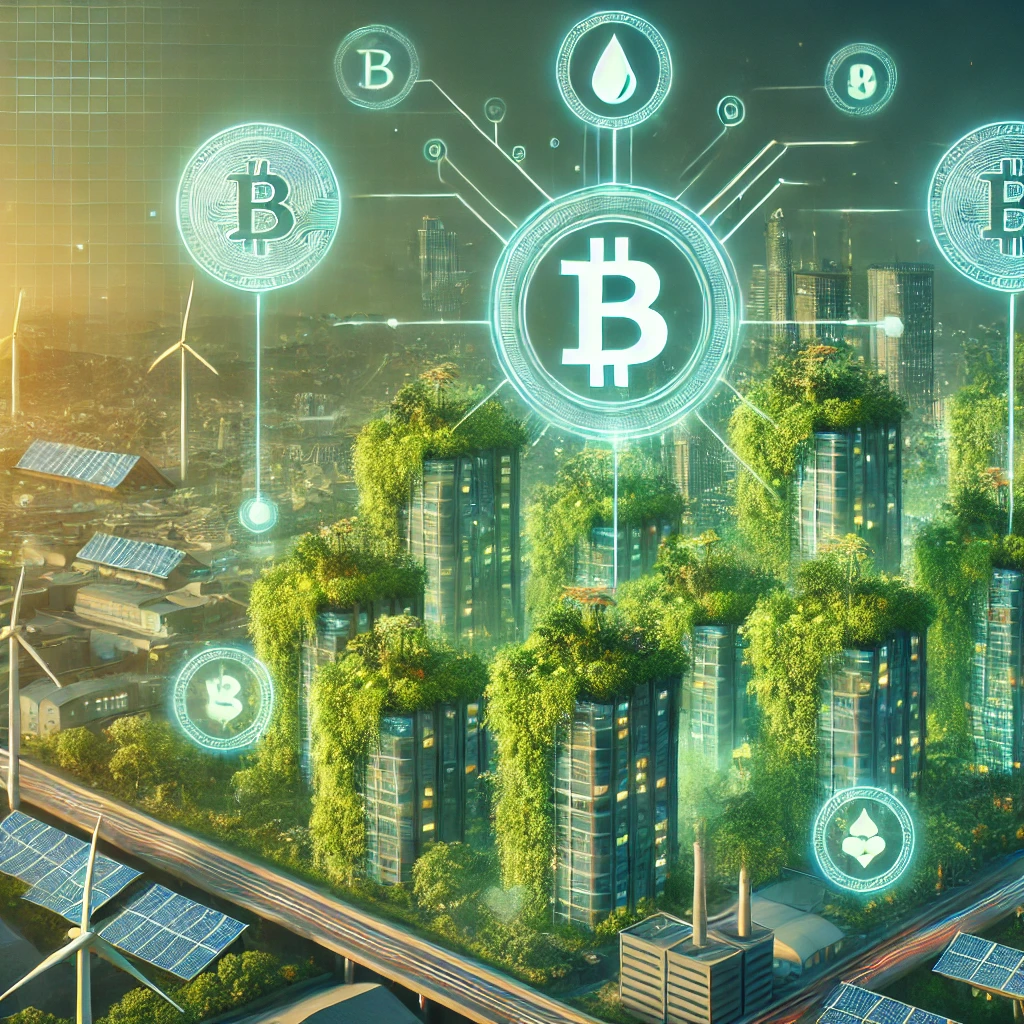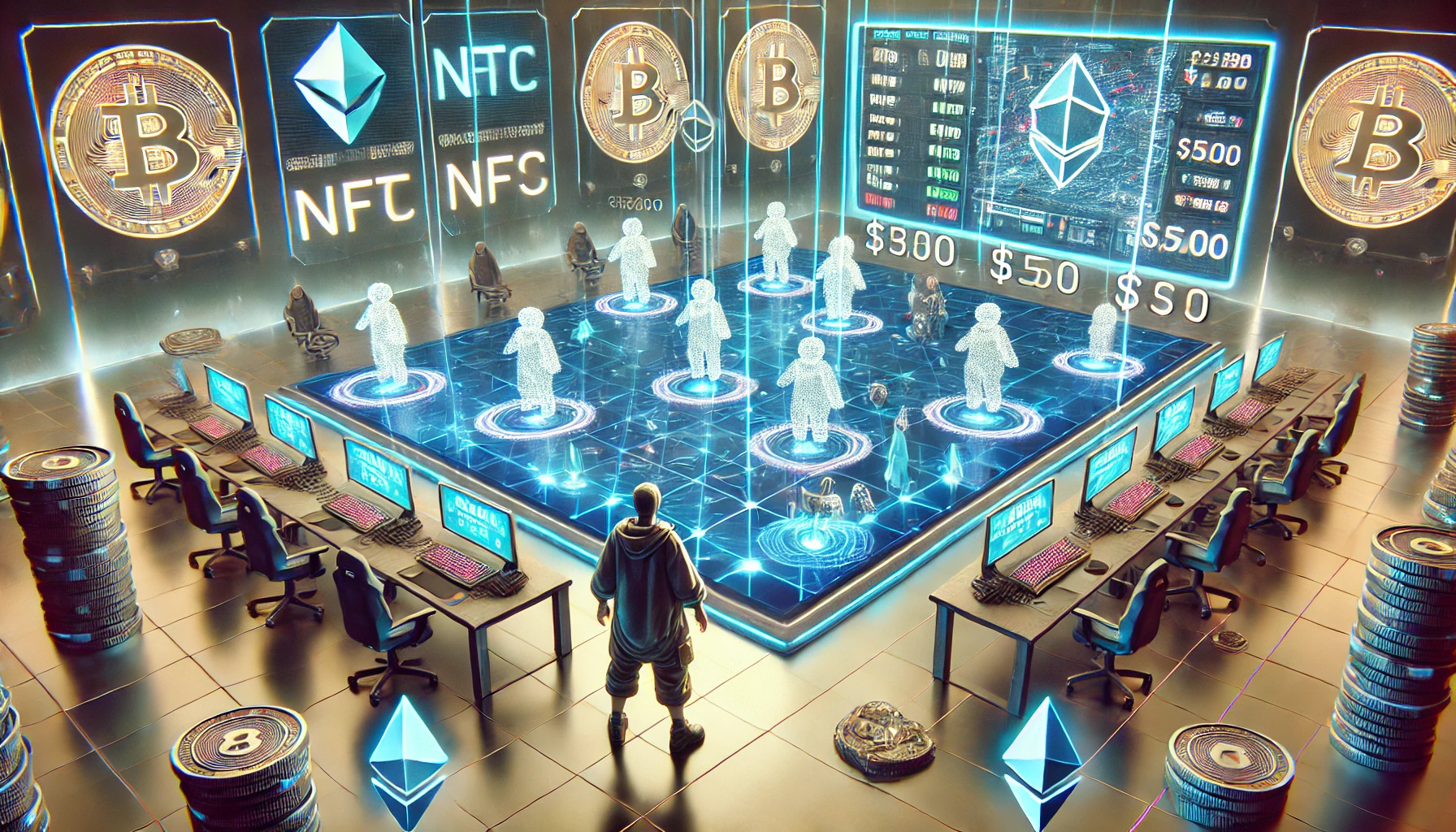The real estate sector is undergoing a green revolution, and tokenization is at its heart. By combining blockchain technology with sustainable real estate, tokenized assets make green investments more accessible than ever. This innovative approach allows fractional ownership, enhances liquidity, and attracts more capital toward eco-friendly projects, paving the way for a greener built environment.
What is Tokenized Real Estate?
Tokenized real estate transforms physical properties into digital tokens on a blockchain. These tokens represent shares or fractions of the property, making it possible for individuals to invest without buying an entire building. By breaking down financial barriers, tokenization democratizes real estate investments and increases accessibility.
When applied to green real estate—properties designed with sustainability at their core—this technology enables a wider pool of investors to support environmentally responsible projects.
Why Green Real Estate Needs Tokenization
Green real estate development requires significant upfront capital for renewable energy integration, sustainable building materials, and energy-efficient technologies. Traditional funding models often limit accessibility to high-net-worth investors or corporations.
Tokenization solves this by:
- Enabling fractional ownership: Investors can own small portions of a green property, lowering entry costs.
- Enhancing liquidity: Tokens can be traded on blockchain platforms, allowing investors to buy and sell more easily compared to traditional real estate.
- Attracting diverse investors: By lowering barriers, tokenization encourages participation from individuals, businesses, and environmental advocates.
How Tokenization Enhances Green Real Estate Investments
1. Expanding Access to Sustainable Projects
Through tokenized platforms, anyone can invest in green buildings, smart cities, or renewable energy-powered developments. This inclusivity fuels the growth of eco-friendly infrastructure globally.
2. Increasing Liquidity in Real Estate
Historically, real estate investments are illiquid—selling a property or stake takes months. Tokenized assets allow near-instant trades, ensuring investors have flexibility while boosting market activity.
3. Accelerating Project Funding
Tokenization simplifies crowdfunding for green real estate projects. Developers can raise capital faster, ensuring projects meet sustainability deadlines and financial goals.
4. Promoting ESG (Environmental, Social, and Governance) Values
With blockchain’s transparency, investors can verify if their funds align with ESG principles. Smart contracts can even enforce sustainable compliance, ensuring funds only support green-certified projects.
The Role of Blockchain in Green Real Estate
Blockchain’s decentralized nature brings:
- Transparency: Every transaction and token movement is recorded, ensuring accountability.
- Security: Blockchain prevents data tampering, safeguarding investments.
- Efficiency: Automated smart contracts reduce administrative overhead, enabling faster transactions.
BlockApps: A Pioneer in Green Real Estate Tokenization
BlockApps leverages blockchain to tokenize green real estate assets, enabling developers and investors to collaborate effectively. Its technology ensures scalability, data integrity, and compliance with environmental standards, making it a frontrunner in this transformative field.
Challenges and Solutions in Tokenized Green Real Estate
1. Regulatory Uncertainty
Many regions lack clear guidelines on tokenized real estate. Collaboration between industry leaders and policymakers is essential to create supportive frameworks.
2. Technology Barriers
Adopting blockchain requires technical expertise. Platforms like BlockApps simplify this process, offering user-friendly interfaces and robust infrastructure.
3. Market Education
Tokenization is still unfamiliar to many. Educational initiatives and partnerships can demystify the process, building investor confidence.
The Future of Green Real Estate Investments
As climate change intensifies, the need for sustainable real estate becomes urgent. Tokenization accelerates the transition by unlocking new funding sources and promoting global collaboration. With advancements in blockchain and platforms like BlockApps, green real estate investments are poised to become a mainstream asset class.




